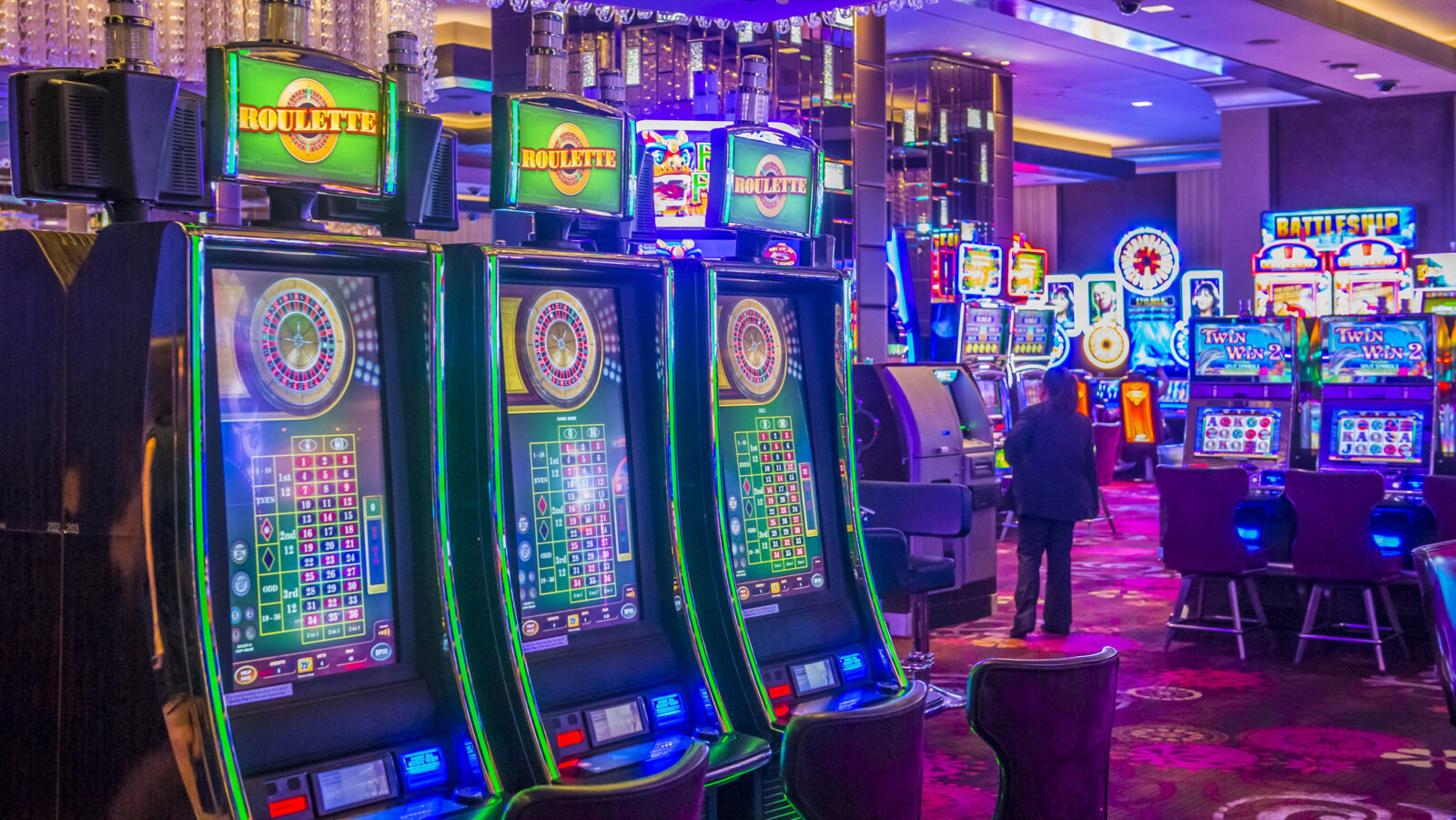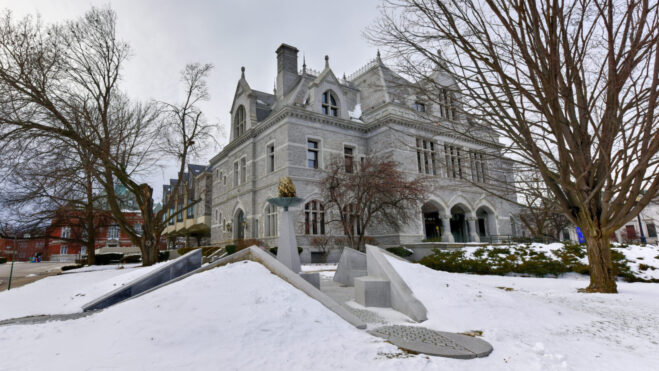Why One Of California’s Major Newspapers Came Out Against Tribes’ Cardroom Bill
The L.A. Daily News editorial board says SB 549 will ‘make a mockery of our judicial system’
2 min

The Los Angeles Daily News, the second-largest newspaper in Los Angeles and the flagship outlet of the Southern California News Group, came out against a bill that would allow California’s gaming tribes to sue cardrooms.
And the paper’s editorial board didn’t hold back in its Aug. 20 editorial, saying the bill, SB 549, will “make a mockery of our judicial system.”
What is SB 549?
SB 549 was introduced by state Sen. Josh Newman back in February 2023. Dubbed the Tribal Nations Access to Justice Act, it would change a legal technicality — tribes are sovereign nations and, therefore, currently ineligible to sue or be sued — to allow tribes to sue cardrooms.
Thanks to Prop 1A passing in 2000, tribes are the only entities in California allowed to offer house-banked card games at their casinos, such as blackjack and baccarat, and slot machines.
However, cardrooms offer modified versions of table games by using third-party player proposition services to act as the house.
SB 549 would let tribes ask the courts to determine if these games violate state law. And if they do, courts could file injunctions to force cardrooms to stop offering these games.
“The politics here are fairly simple,” the Los Angeles Daily News editorial board wrote. “The tribes want full control over California’s lucrative gambling markets. There’s a lot of money at stake, after all. On the other side are cardroom operators and local governments which benefit from the revenue generated by cardrooms.
“Caught in the middle of this are California adults who just want to play some card games.”
SB 549 generating momentum in Assembly
The Los Angeles Daily News editorial board likely felt now was the time to write this editorial because SB 549 is gaining steam in the House.
It already passed the Senate back in May 2023.
And it has quickly progressed through the Assembly this summer, most recently receiving its second reading in the Assembly on Aug. 20. It has now been ordered for a third reading.
After the third reading, SB 549 will face a vote on the Assembly floor. If it passes, it will be sent to Gov. Gavin Newsrom to sign — and Newsom is known as a very pro-tribes governor, so he would likely sign the bill into law.
Who else is trying to stop SB 549?
Various state labor unions and cities with cardrooms, such as Hawaiian Gardens, San Jose, Chula Vista, Oceanside, and Commerce, have written letters to the legislature, urging lawmakers not to pass SB 549.
Now, the Los Angeles Daily News joins that chorus. Its readership area includes Hawaiian Gardens and Commerce, which have The Gardens Casino and Commerce Casino, respectively, two of the largest cardrooms in the world. Los Angeles County is also home to Hustler Casino and Larry Flynt’s Lucky Lady Casino in Gardena, The Bicycle Casino in Bell Gardens, Crystal Casino in Compton, and Hollywood Park Casino in Inglewood.
A 2019 study from the California Gaming Association (a pro-cardroom organization) reported that cardrooms in Los Angeles County produced $2.3 billion in economic impact, $639 million in total wages, $71 million in local taxes, and 13,463 jobs.
Cardroom supporters fear the costly lawsuits if SB 549 passes would force cardrooms to close.
“The loss of local tax revenue could spell devastation for many cities across California,” various labor unions wrote in a joint letter to lawmakers this month. “For example, approximately 78% of the City of Hawaiian Gardens’ general fund comes from cardroom revenues.
“If signed into law, cities who depend on this revenue stream could be forced into municipal bankruptcy or even disincorporation. This could have potentially devastating impacts that puts jobs, pensions and the financial wellbeing of working families at risk.”
Tribes: If it’s legal, prove it in court
Tribes and their supporters, meanwhile, argue that SB 549 simply allows tribes to regain exclusive access to table games that they rightfully have under state law.
“If cardrooms are confident in the legality of the games they operate,” James Siva, chair of the California Nations Indian Gaming Association, told the Assembly Governmental Organization Committee in a July hearing, “they should welcome the chance to prove it in a court of law.”






